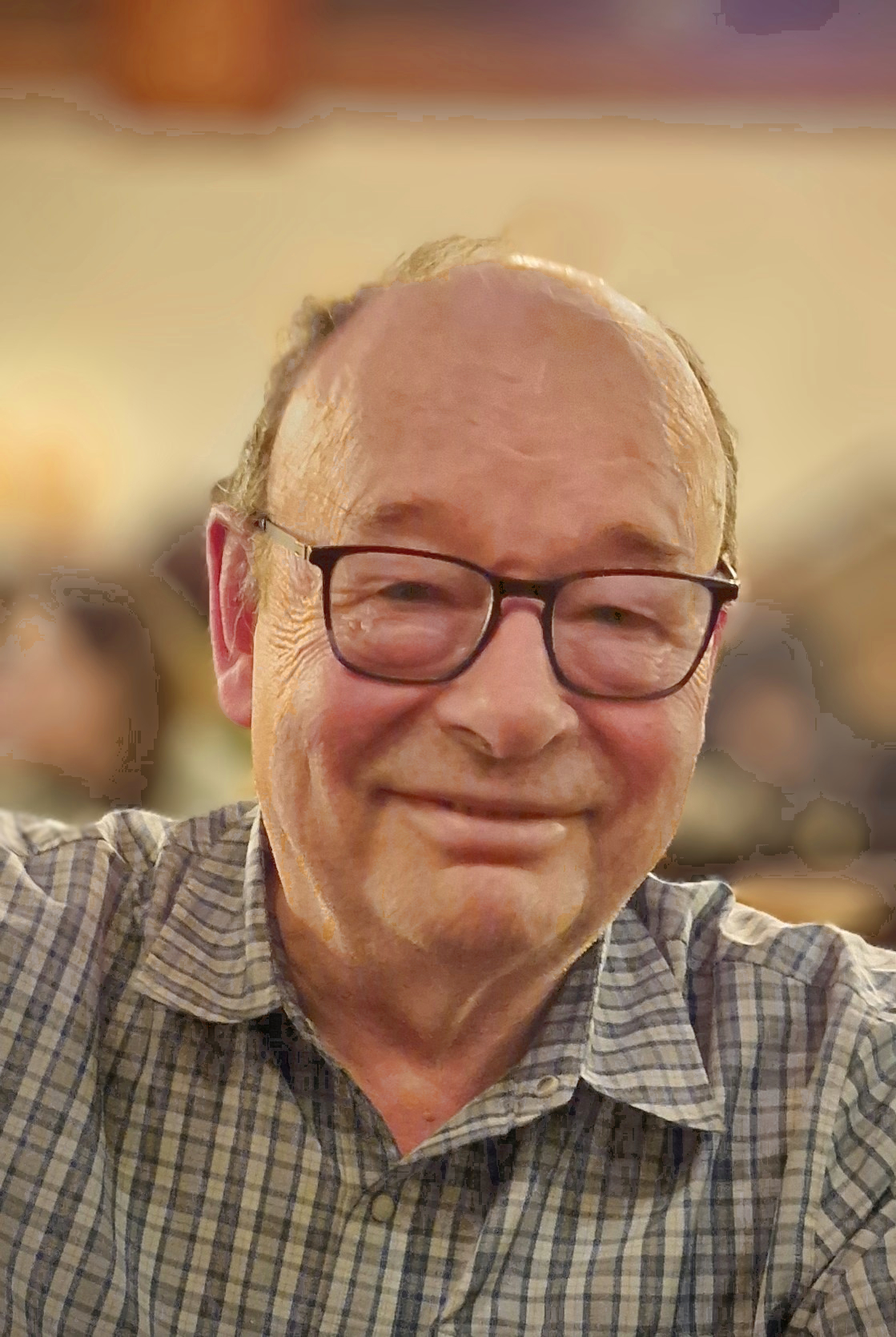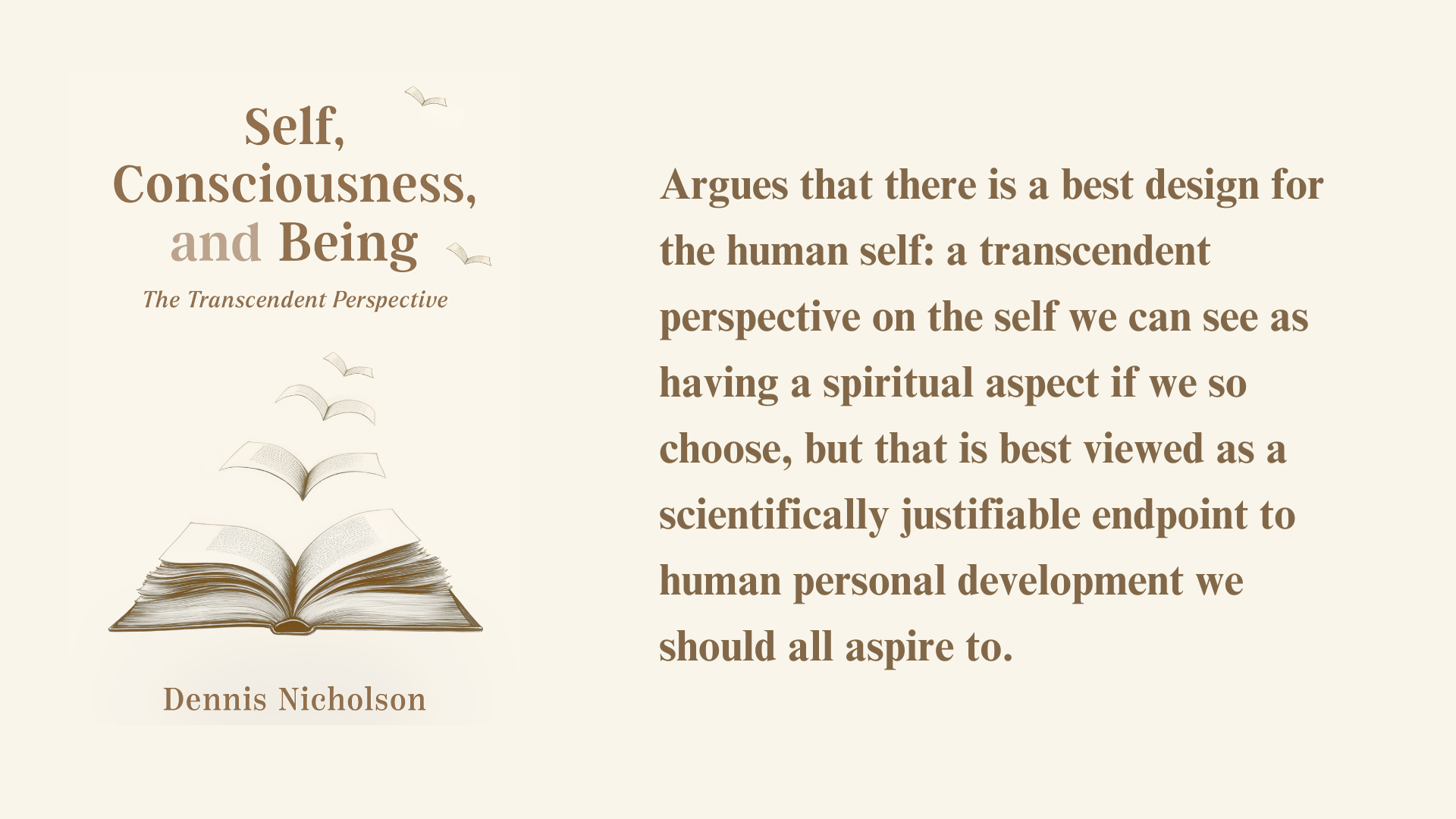Is there is a best design for the human self? This book argues that there is. It looks at how we humans should best see and structure the relationship between ourselves and the universe at large – at how we should best see and structure our overall or total self-world perspective or self (and, hence, our overall or total self-world relationship). It makes the case in favour of the transcendent self-view – a perspective on the self that transcends ideas and viewpoints generally, seeing and treating them as subordinate facets of a total self that has bias-free empty consciousness, the underlying essence of consciousness itself, as its resting focus and core.
The two main claims defended are, first, that it is the one self-view that fully and accurately reflects our true behavioural and experiential nature; second, that making it the basis of the fully developed human self, whilst also maintaining unique personal elements, should be an aim for both individuals and educational professionals. We should prefer it over the mental-set-based fixed selves we acquire incidentally as we develop.
The perspective also offers a possible baseline upon which to build a coherent science of human experience and behaviour and provides a view of the brain and the experiential landscape in which there is no hard problem and no explanatory gap. Other topics covered include scientific testability, the key role of science in the perspective, and the transcendent view of religious beliefs. The aim at each stage is to ensure readers can assess for themselves the observational and logical validity of the points argued.
Self, Consciousness, and Being: The Transcendent Perspective is available internationally from various sources, including Barnes & Noble, Blackwell's, Waterstone's, Booktopia, and Amazon:
About The Author

Dennis Nicholson is an independent researcher and author who dates his recognition of the likely value of an overarching perspective on the self to individuals and a coherent science of human experience and behaviour to what he characterises as 'episodes of reflective daydreaming' whilst attending Psychology and Logic and Philosophy of Science classes taken at Edinburgh University prior to graduating in 1973.
Employed at Strathclyde University in Glasgow in the decades that followed, most recently in a joint role as Director of Research in Information Services and research group leader (CDLR) in the Computer and Information Sciences Department, he retired early to focus fully on researching, developing and defending the notion of the generic human self-view he calls the transcendent perspective on the self.
He argues that only by programming a self with an experiential core into our neuroplastic brains can we transcend its primarily idea-based constituent algorithms and thereby encompass a self-view that fully reflects our true behavioural and experiential relationship to the world.
Key chapters of his book Self, Consciousness, and Being: The Transcendent Perspective are available as dowloadable pdfs from open access repositories like Psycharchives: Chapter 1 (a summary of the main points argued in the book) and Chapter 24 (The Hard Problem Made Easy). The first three chapters can be read using the Amazon 'look inside' facility.






